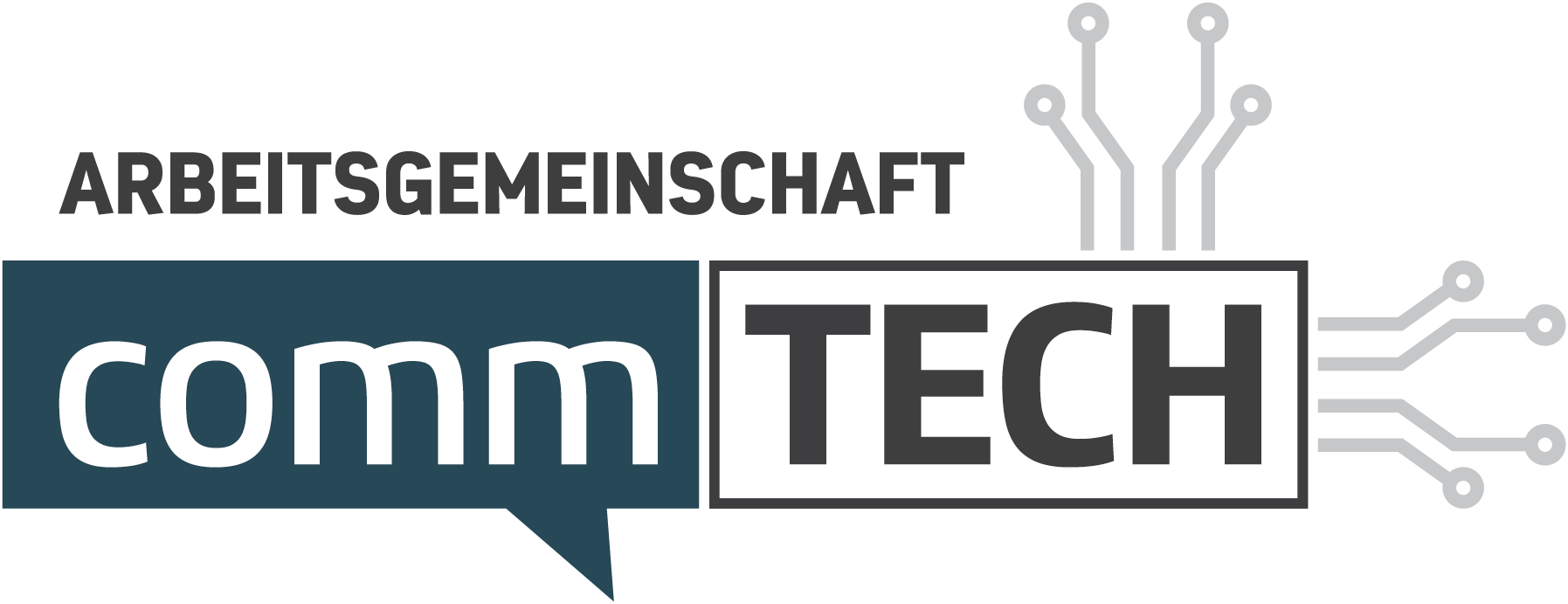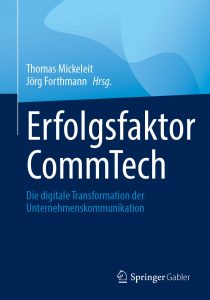- 4. August 2025
- Posted by: Die Redaktion
- Category: BEST PRACTICES
Christian Albrecht on crisis management in corporate communications at Nuremberg Airport
Christian Albrecht, Head of Corporate Communications Albrecht Dürer Airport Nuremberg

“Without quick information, there is a communication vacuum”
AG CommTech: Christian, you and your team experienced a crisis at Nuremberg Airport with a protest action by activists. Several people gained access to the airport site in August 2024 and stuck themselves on a taxiway to the runway. How did the day start for you?
Christian Albrecht: The whole thing happened at a time when many people were still asleep – including me. At around 5:50 a.m. on August 15, the call came: “Flight operations have been suspended. A short time later, the first media reported the news. In situations like this, you are immediately wide awake. It was important that we were able to quickly confirm what had happened: unauthorized access to the security area, so operations were stopped for safety reasons. Avoiding speculation and confirming facts – that’s the basics of crisis communication.
AG CommTech: How did you manage communication when the requests started coming in immediately?
Christian Albrecht: We used our channels in parallel with the media inquiries. Our strategy is: website first, social media in parallel. We immediately published information about this on the website and pointed out the option of checking the online flight status. We then referred to the latest information on the website via social media. This has several advantages: We retain the power of interpretation, inform travelers first-hand and take the pressure off the media hotline. After all, many journalists know that they can find the latest updates online anyway.
AG CommTech: Why do you rely on “website first”?
Christian Albrecht: What counts on social media is relevance, not timing: the algorithm determines what appears at the top. This makes reliable updates in chronological order difficult. A ticker on the website, on the other hand, is always up-to-date and traceable. We use social media to link specifically to the website. This allows us to secure the source of information (single source of truth) and prevent contradictory information.
AG CommTech: What role have monitoring tools played in this crisis?
Christian Albrecht: If an incident occurs so suddenly, digital helpers won’t help – then it depends on a functioning alarm chain and action. But monitoring is still essential. With listening tools, alerts and media monitoring, we can detect some developments at an early stage – for example, when strikes are looming.
AG CommTech: Were there also digital attacks in this context?
Christian Albrecht: Not in this case, but our website has already been deliberately overloaded and paralyzed by DDoS attacks with thousands of requests per second. As a spokesperson, that even got me on the national TV news for the first time. That is also part of modern crisis scenarios today.
AG CommTech: What lessons have you learned from the crisis?
Christian Albrecht: Firstly, the alarm must be raised. Immediate availability and clear responsibilities are crucial. Secondly, avoid a communication vacuum. If we don’t provide information, the media will interpret it themselves. Thirdly: Establish a single source of truth. For us, this is the website. And fourthly: follow-up is mandatory. Evaluate and check what can be improved.

